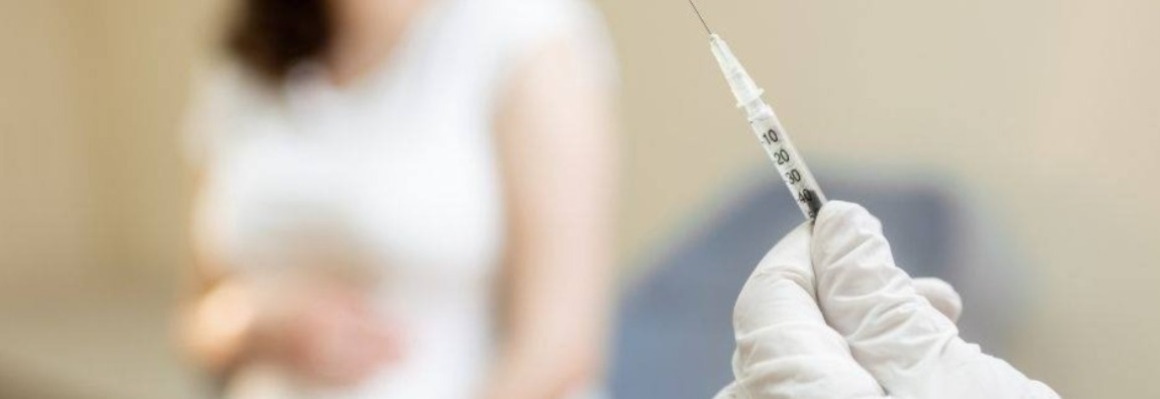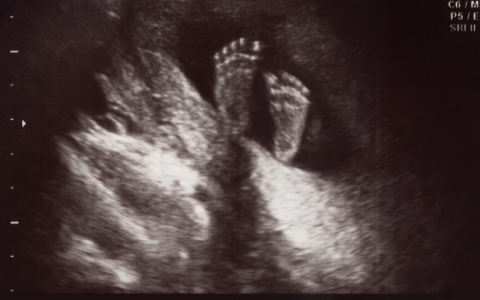Lazy Guide to Post-IVF/Egg Freezing/Egg Donation Effects

When undergoing assisted reproduction or egg donation procedures, the most frequently asked questions often revolve around whether there will be any side effects or long-term consequences. Below, we have asked the physicians to address these questions one by one!
Q1: Are there any side effects or risks associated with undergoing IVF or egg freezing?
-
Discomfort from ovulation induction: The use of ovulation induction drugs may cause discomfort at the injection site, allergic reactions, or injection site hematomas. It may also lead to gastrointestinal discomfort, bloating, fatigue, nausea, headaches, and weight gain. However, these symptoms typically subside within a short period.
-
Ovarian Hyperstimulation Syndrome (OHSS): In a small percentage of women, particularly those who are younger, lighter in weight, or have polycystic ovary syndrome (PCOS), ovarian hyperstimulation syndrome may occur due to the retrieval of a large number of eggs. Symptoms include abdominal bloating, abdominal pain, thirst, nausea, reduced urine output, and difficulty breathing. The incidence rate is less than 5%. Mild OHSS is generally managed with supportive therapy, such as fluid and electrolyte supplementation, while severe cases may require ultrasound-guided drainage of ascites or administration of albumin to alleviate symptoms.
-
Ovarian torsion: This is an extremely rare condition typically resulting from ovarian enlargement following ovarian hyperstimulation. If vigorous exercise or trauma occurs, the ovary may twist, causing acute and severe abdominal pain. Emergency surgical intervention is required to correct this condition.
-
Risks of egg retrieval surgery: Although egg retrieval surgery is relatively simple and quick, it is still an invasive procedure. Some women may experience abdominal pain and bloating similar to menstrual cramps after the procedure, but most hospitals provide pain relief medication post-retrieval, and recovery typically involves rest. It's important to note that some patients may have allergies to anesthesia, and if such experiences have occurred in the past, it's crucial to inform the physician before the procedure. While general anesthesia used during egg retrieval can prevent pain or discomfort during the procedure, anesthesia can affect respiration, heart rate, blood pressure, and muscle response, so caution is warranted. Additionally, postoperative cleanliness and care can help mitigate the risk of infection.
-
Risks of multiple pregnancies and ectopic pregnancy: Multiple pregnancies are associated with increased risks of premature birth and miscarriage. In IVF treatment, ovulation-inducing medications are used to increase the number of eggs released, potentially increasing the likelihood of multiple pregnancies. There is also an extremely low risk of ectopic pregnancy, which, if it occurs, may require medication or surgery to terminate the pregnancy to prevent maternal life-threatening complications.
Q2: Will children born through IVF have any long-term effects or impact on fetal health?
Both the European Society of Human Reproduction and Embryology (ESHRE) and the American Society for Reproductive Medicine (ASRM) have conducted studies in recent years indicating that children conceived through IVF exhibit no significant differences in health, physical and mental development, or intelligence compared to naturally conceived children. Moreover, because in the United States, IVF or surrogacy procedures often involve preimplantation genetic screening (PGS) and genetic testing for inherited diseases (CGT), your child is actually genetically optimized. Physicians select the most viable embryos for implantation, giving your child a head start!
Q3: What are the preventive measures to avoid side effects of IVF?
-
Carefully select your medical team: RSMC's professional medical team has 30 years of extensive clinical experience and conducts detailed examinations and assessments preoperatively for clients from around the world, ensuring the most customized treatment plans to guarantee the highest pregnancy rates and significantly reduce the risks associated with IVF.
-
Follow physician instructions: Never play doctor yourself, as information found online differs greatly from clinical experience. Following evaluation and examination, physicians will provide instructions and precautions to be followed during the procedure, which must be adhered to for the smooth and safe progress of treatment.
-
Adjust lifestyle: Medical treatment isn't a cure-all, so it's essential to keep your body and mind in optimal condition for successful conception. Besides avoiding smoking, alcohol, and caffeinated beverages as much as possible, maintain a balanced diet, get adequate sleep, and engage in moderate, gentle exercise to effectively reduce the side effects and risks associated with IVF treatment.
Q4: Will I become infertile or experience early menopause after egg donation? Or will there be any pain or side effects?
Generally, these outcomes are unlikely. The total number of eggs a woman has is determined at birth, with only one mature egg released each month, while the rest degenerate. Egg donation involves using hormone medications to mature follicles that would otherwise be discarded, without affecting the body's normal functioning. Therefore, it doesn't impact your normal egg count or lead to early menopause. As for discomfort during the process, current ovulation-inducing injections are designed to be minimally painful, akin to a mosquito bite. Additionally, egg retrieval is performed under general anesthesia, so you'll be asleep during the procedure and may experience mild abdominal discomfort similar to menstrual cramps afterward. However, this usually subsides after a few days. Some donors may also wonder if the injections will cause weight gain. While hormone medications can cause fluid retention due to a significant increase in hormones, leading to a swollen appearance, this is temporary. Once the egg retrieval is complete and your menstrual cycle resumes, hormonal levels will return to normal and the retained fluid will naturally dissipate. To aid recovery, consume protein-rich foods, drink plenty of water and electrolytes, avoid strenuous exercise for a week, maintain a balanced diet with limited sweets and fried foods, and ensure adequate sleep.
If you're interested in any of our services, please contact us via the following channels: Line / WeChat: rsmctw; WhatsApp: +1 858-342-6046. Our dedicated Chinese-speaking team in the USA will assist you.
Further Reading:
Egg Freezing in Singapore (2024): How Does it Work, Process, Cost
Source: Some information referenced above is sourced from Taipei Fertility Center
Other
-
2025/03/13others
Can Vitiligo Be Cured With Reproductive Technology?
-
2025/02/24others
What are the reasons behind failed blastocyst culture?
-
2024/11/20others
A Must-Read for Expectant Mothers: All About Down Syndrome Screening!



